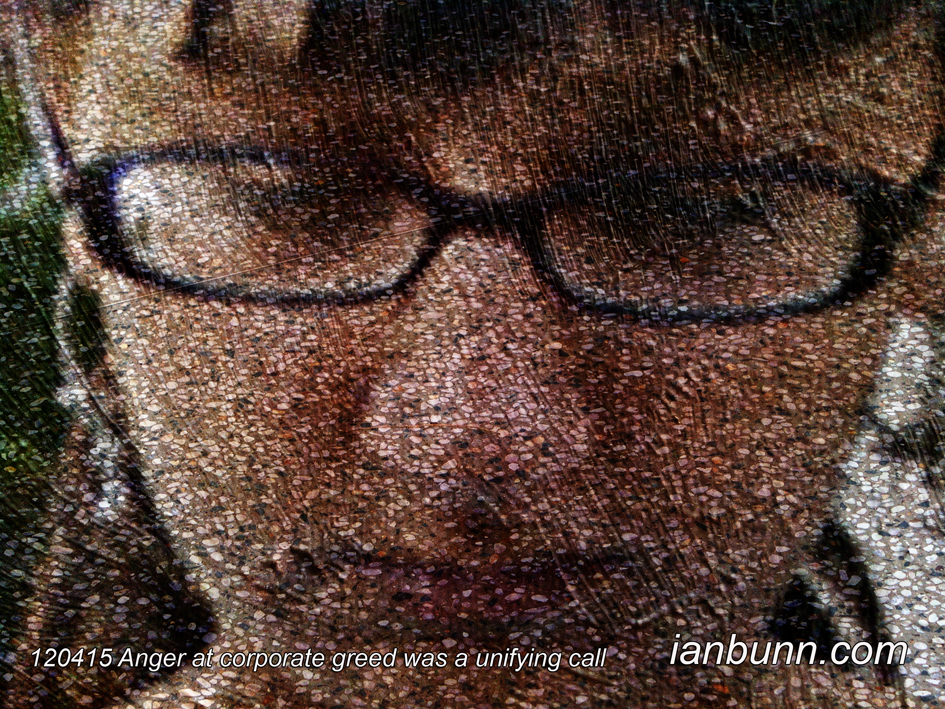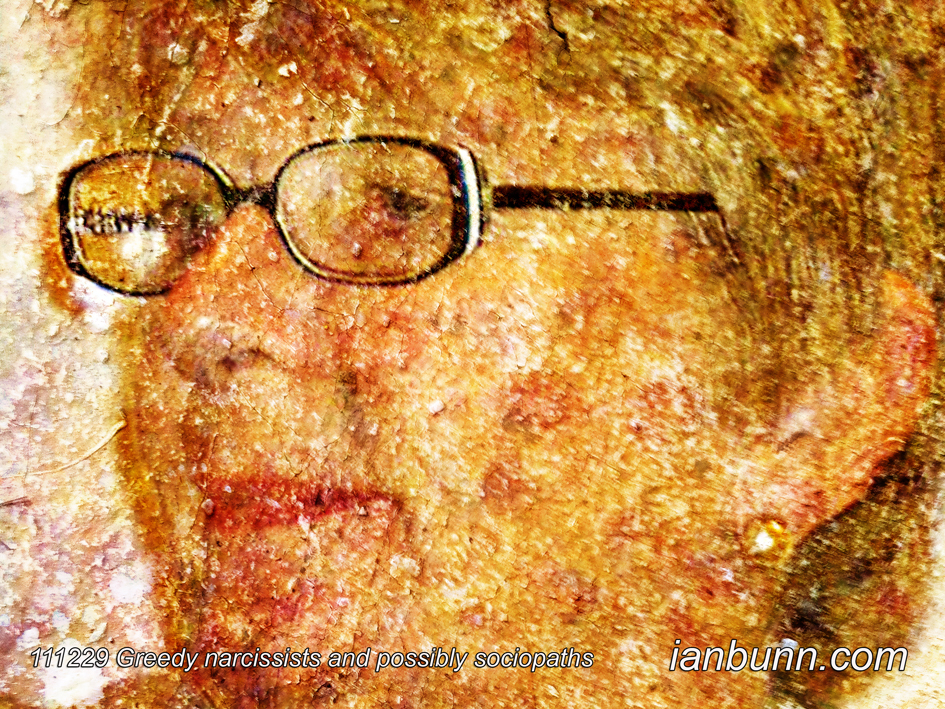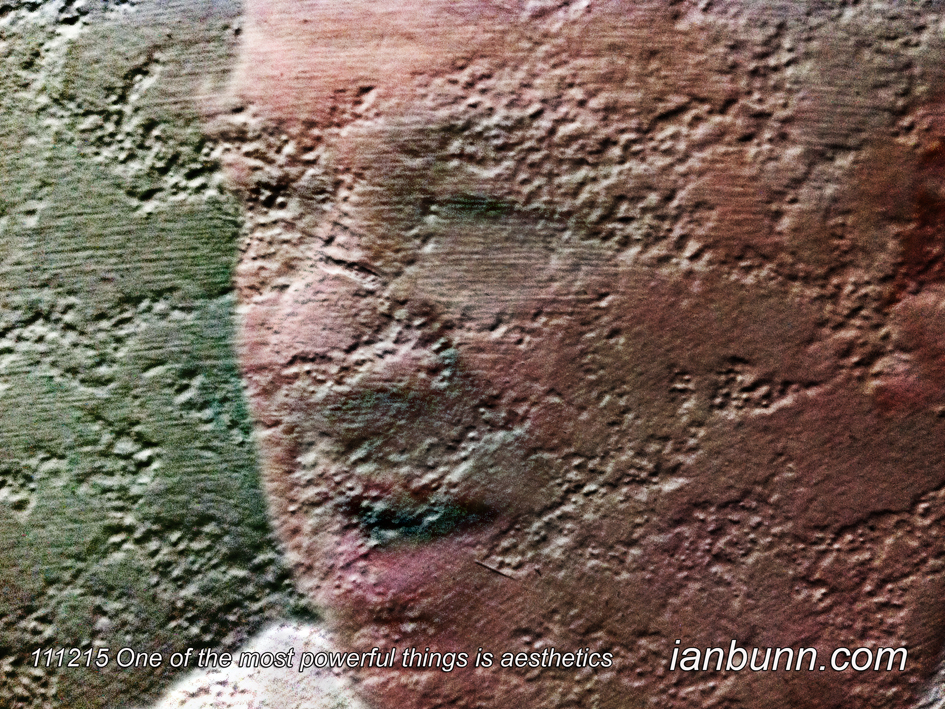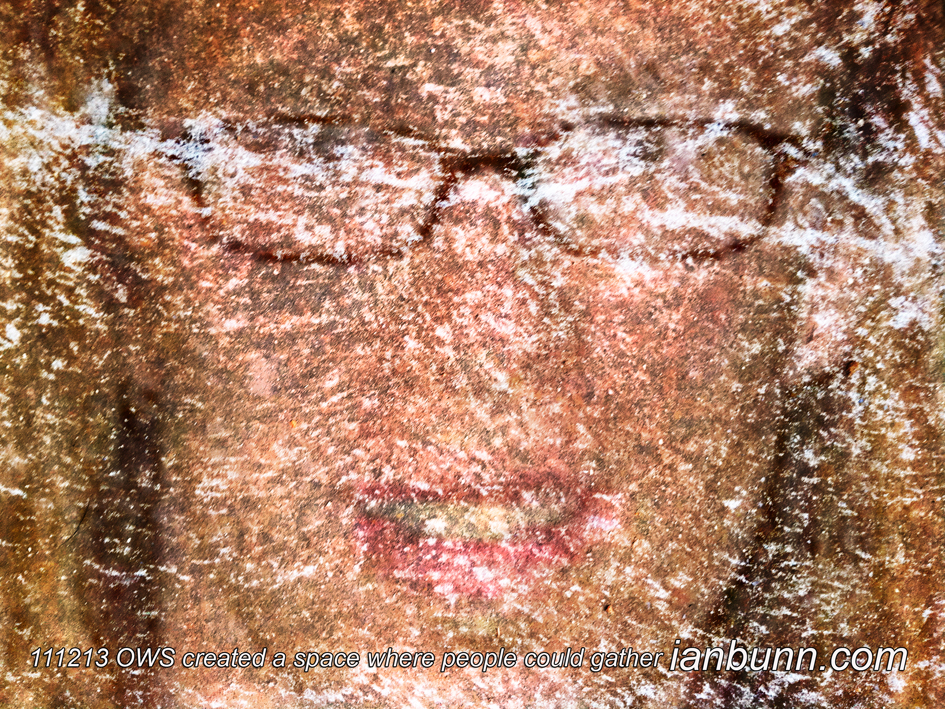Sweta Vohra the US producer of FaultLines at Al-Jazeera English from Washington DC has published an article with Jordan Flaherty on the history of an occupation, referencing how the OWS movement went from a small group of NYC protestors to a broader people’s movement. The article states, ”When people gathered in Zuccotti Park on September 17, the anger at corporate greed was a unifying call. This was a protest that in large part was about shifting power from the wealthy to the many. It was a mostly white crowd, but it sought to incorporate a wide range of voices. The economic crisis in the US had made the white middle class question their future. Soaring unemployment rates, suffocating student loan debt, and thousands of foreclosures began to close in. This reality propelled the Occupy movement forward. And many feel that the presence of so many relatively privileged white people brought increased media attention and public sympathy. Organisers told us they immediately saw the next step as needing to raise awareness among the many young people new to activism that came flocking to occupations.”
Inspired by Aljazeera http://ow.ly/a82q5 image source twitter http://ow.ly/a82Ep



